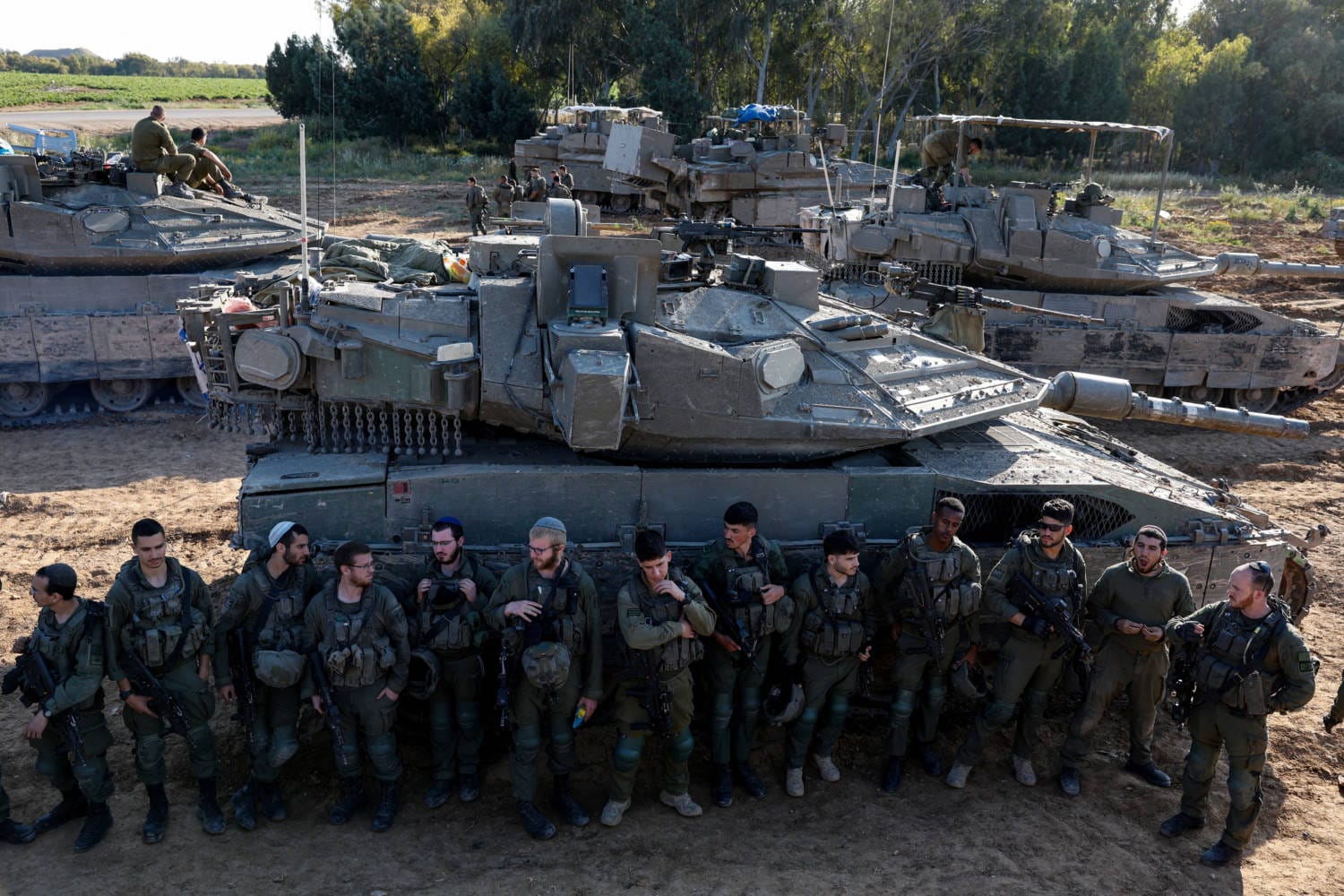Flight Suspensions Amid Middle East Tensions
In the wake of heightened tensions in the Middle East, Lufthansa, Germany’s flagship carrier, has announced an extension of its flight suspensions to and from Tehran. The decision comes as the region braces for potential Iranian retaliation following a suspected Israeli air strike on Iran’s embassy in Syria.
The initial report of Tehran’s airspace closure for military drills, which was later retracted and denied by an Iranian news agency, has added to the uncertainty in the region. This misinformation briefly stirred more anxiety about the safety of air travel over Iran.
Lufthansa’s spokesperson detailed that the suspension, now extended until April 13, is a precautionary measure to protect crew members from overnight stays in Tehran amidst the current situation. The airline had previously canceled a flight from Frankfurt to Tehran to avoid this scenario.
While Lufthansa and its subsidiary Austrian Airlines are among the few Western carriers serving Tehran, they face a complex operational environment. Austrian Airlines, flying from Vienna to Tehran six times a week, is adjusting its schedule to circumvent overnight layovers.
The region’s airspace is not only crucial for Iran but also serves as a key route for other international carriers, including Emirates and Qatar Airways, especially for their North America-bound flights. The absence of immediate responses from these airlines suggests a wait-and-see approach as the situation unfolds.
The Iranian Supreme Leader Ayatollah Ali Khamenei’s stern warning of punishment for Israel over the strike that killed several members of the Iranian Revolutionary Guards Corps has escalated concerns. Meanwhile, Israel’s Foreign Minister has signaled readiness to respond to any direct attacks from Iran.
The United States has expressed solidarity with Israel, with Secretary of State Antony Blinken and U.S. Middle East envoy Brett McGurk engaging in diplomatic efforts to urge regional de-escalation. These moves underscore the international community’s focus on preventing further conflict.
This series of events echoes the tragic incident of January 8, 2020, when Iran’s Revolutionary Guards mistakenly downed a Ukrainian passenger flight during a period of intense confrontation with the United States. The memory of such a catastrophic mistake serves as a grim reminder of the risks that civilian aircraft face during military escalations.
As airlines navigate these turbulent times, the safety of passengers and crew remains paramount. The aviation industry watches closely as geopolitical events continue to influence flight operations in the Middle East.






